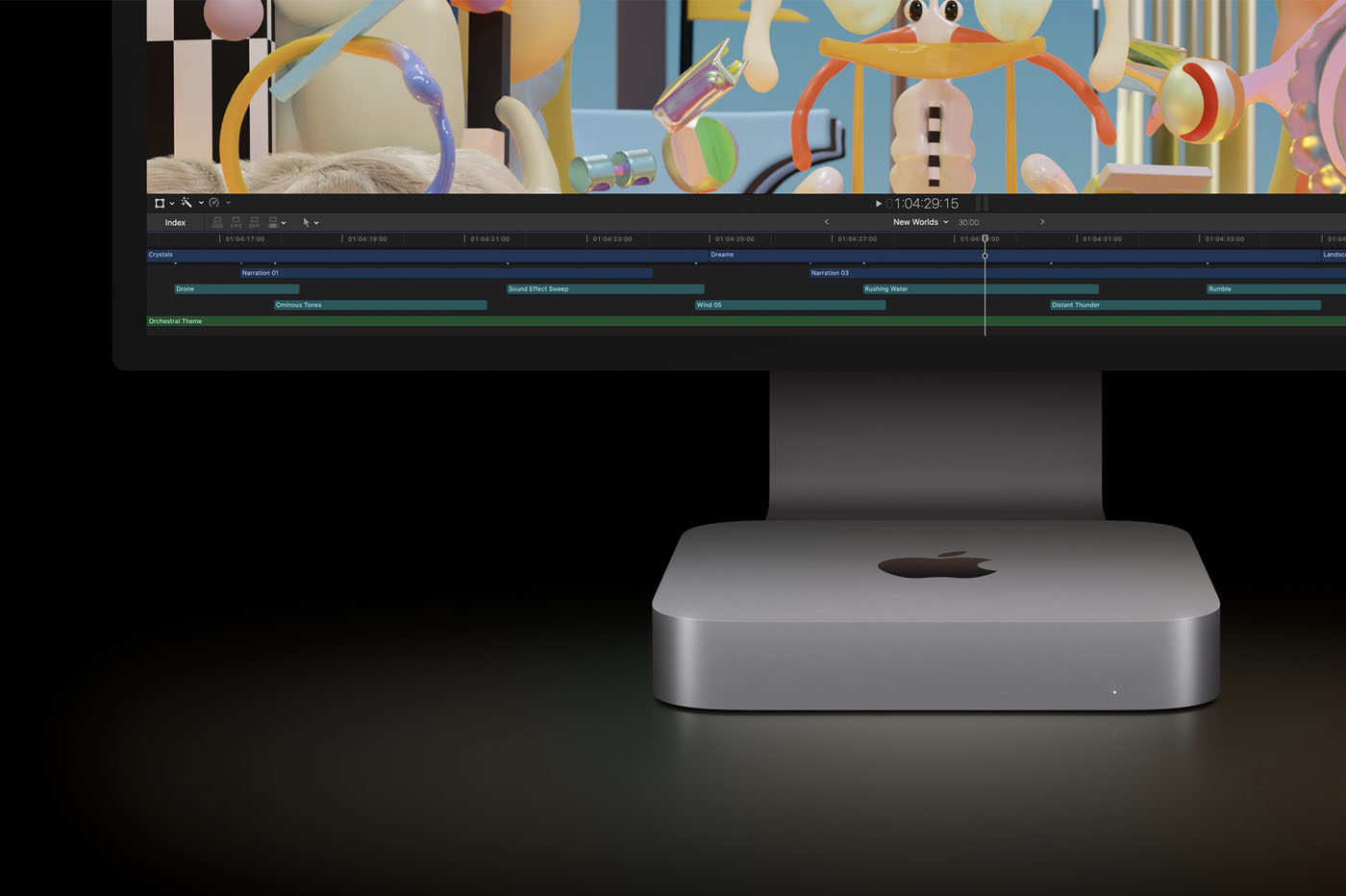In December 2020, Apple led the way by launchingits own privacy labelson the App Store and macOS Store. Concretely, customers can therefore see precisely the data that an application collects about them before installing it. And to set an example, the apple brand has applied its ruleson its own services.
Google adopts its own privacy labels
It is now Google's turn to follow suit. The Mountain View firm had already announced the addition of this information tool a few months ago but things are becoming clearer. So, this new feature is being introduced today on the Play Store and it will be rolled out little by little.
Developers therefore have until July 20 to comply with the new rule. Concretely, these labels must disclose the data that their application collects, if and how it is shared with third parties, and the security measures put in place to protect this information.
There remains the question of label verification. According toTechcrunch, Google explains that developers are responsible for the information they provide to their customers. If the Tech giant notices an irregularity, it will then inform the person concerned and ask them to remedy it. And if the application is still not compliant, action may be taken and possibly its deletion.
Remember that confidentiality labels have not always had good press. An investigation ofWashington Postfor example accused these labels of being quite unreliable. In particular, they were able to see that certain apps claimed that they did not collect personal data even though they did collect and share it.

i-nfo.fr - Official iPhon.fr app
By : Keleops AG





![[MAJ1] Google is interested in the instant messaging app WhatsApp](https://cline.one/tech/ignace/public/jcsatanas/2013/T2/whatsapp.jpg)
